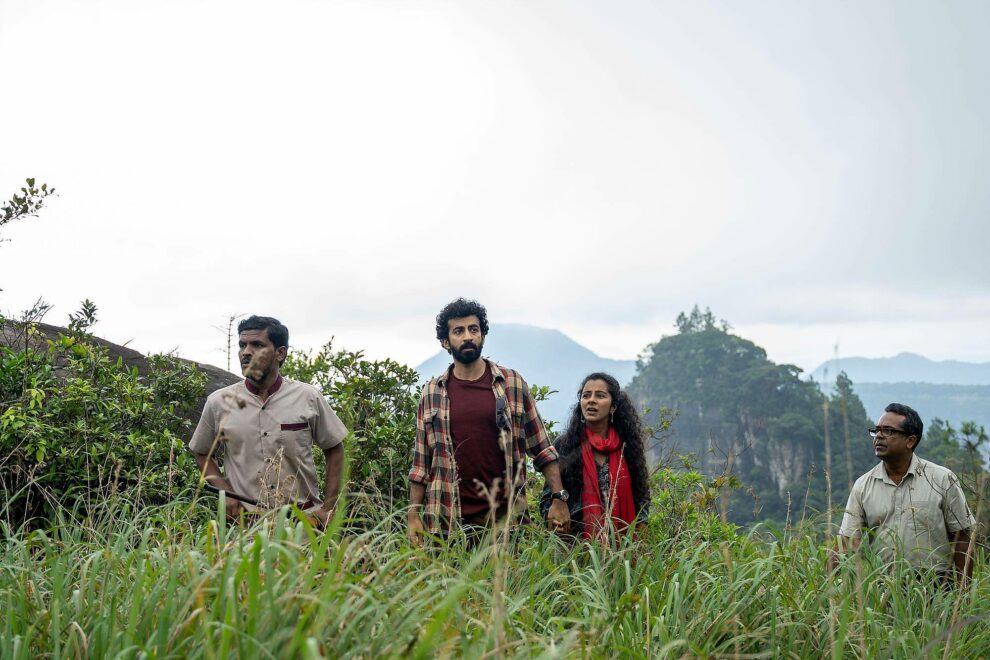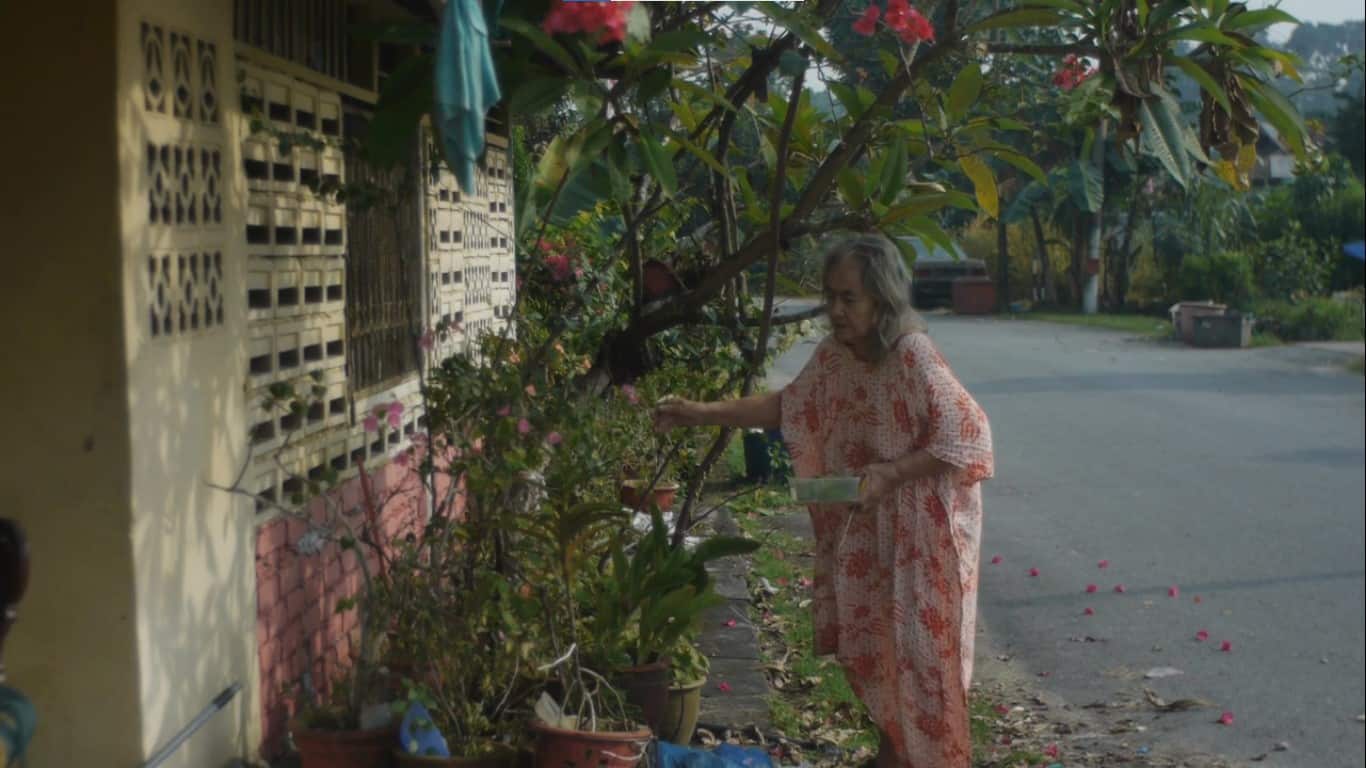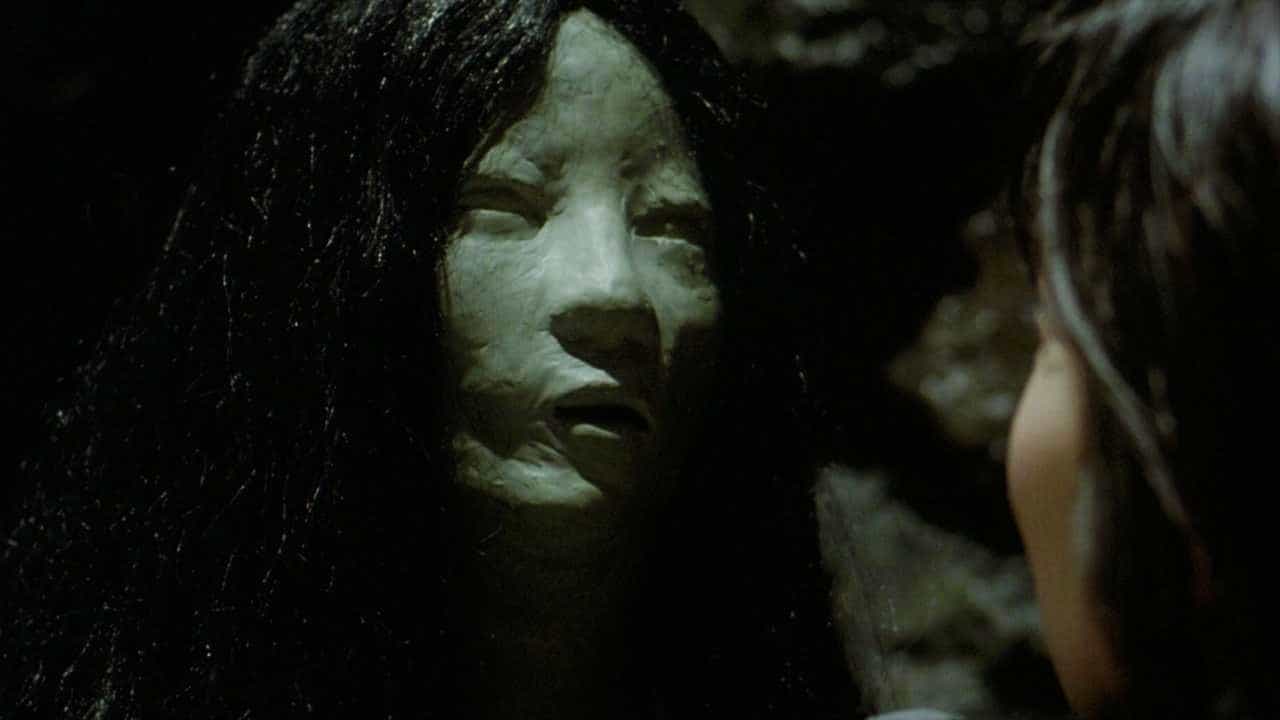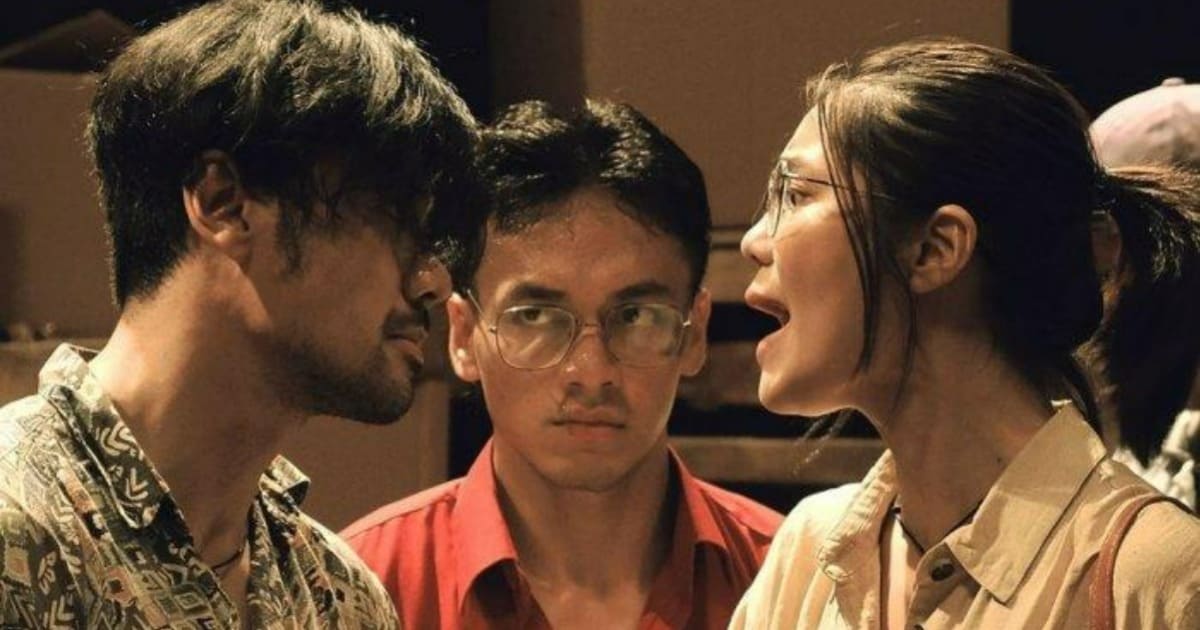Winner of the Kim Jiseok Award for the Best Film at Busan International Film Festival 2023, “Paradise” is a movie that tries to make a number of sociopolitical comments, through an intensely ironic approach that is also as pointed as possible.
Paradise is screening at Busan International Film Festival
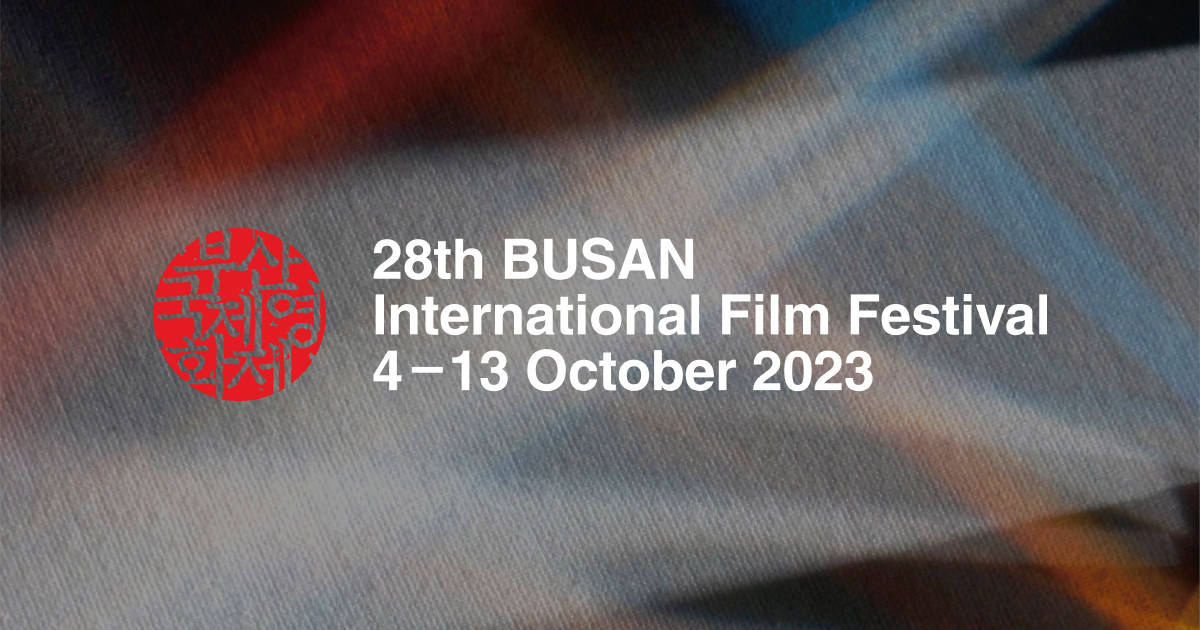
Indian film producer Kesav and blogger Amritha are a married couple who arrive in Sri Lanka to tour the ancient sites of the Hindu epic Ramayana. As the time of their tour is happening during the height of the crisis in the country, experiencing a bankruptcy that has made even basic necessities scarce and unaffordable, the presence of tourists is like a blessing for the locals, who bend head over heels to please them, with the guide of the couple being the first.
Kesav is a snob from the beginning, but his behavior becomes even worse when he receives a call informing him that Netflix is interested in hosting his TV series. All in all, though, the couple's journey proceeds smoothly, until the first night they spend in the hotel, when robbers sneak in during their sleep, and steal their phones, laptops and cameras. The duo then have to face the local authorities, but this crisis time is also the moment when Kesav shows his true self.
Prasanna Vithanage directs a film that is essentially split in two, with the robbing scene providing the dichotomy. The first part functions more as a tour guide highlighting the beauties of the country, with DP Rajeev Ravi capturing it in the most impressive fashion, providing another testament to one of the most appealing, to the eye at least, countries in the world. The comments, however, do start “creeping” in the narrative from here also, with the clash about the myths of Ramayana, as perceived by Sri Lankans and Indians, the dynamics of the boss and servant that are established between the couple and the locals, and the lack of specific accommodations in the hotel showcasing the situation the country is in.
As soon as the couple are robbed though, the movie truly picks up, with the tension that is included in the narrative working exceptionally well, as much as the focus also moving towards the dynamics of the couple, apart from the social and the political. Regarding that aspect, Kesav emerges as a truly self-centered man, who looks down upon not only the locals, but also his wife, whose needs he ignores completely in the face of his wishes. The dynamics of the couple are actually one of the most appealing aspects of the movie, with Vithanage definitely taking the side of the wife. The particular part also benefits the most from the acting, with Roshan Mathew as Kesav and Darshana Rajendran as Amritha giving excellent performances throughout, highlighting an excellent chemistry between them.
The most pointed comments, however, come as soon as the police is involved, with Vithanage presenting them as incapable of doing their job, violent, and essentially with no sense of authority as, after a point, they function more as a type of employee of the Indian tourists. Ironic humor is interspersed here also, but the treatment of the subjects, as much as their selection (unemployed youths) poses a rather serious, as much as realistic comment about police tactics in the country, in probably the most pointed comment here. Mahendra Perera, who acts as the police sergeant is also excellent, concluding the overall great work here regarding the casting and acting.
A. Sreekar Prasad's editing results in a pace that starts leisurely but becomes faster in the second part, in perfect resonance with the movie's aesthetics.
Starting with the title, “Paradise” is a rather intelligently ironic film that manages to communicate its messages in subtle but eloquent fashion, while also becoming quite entertaining after the second part.


